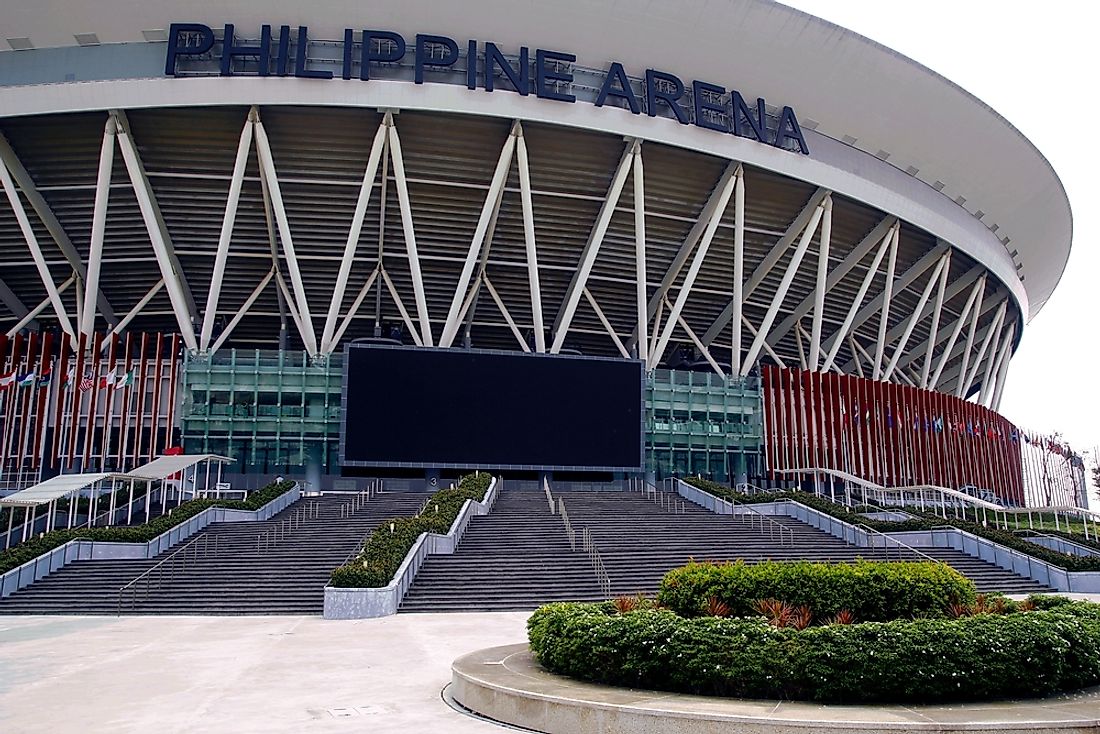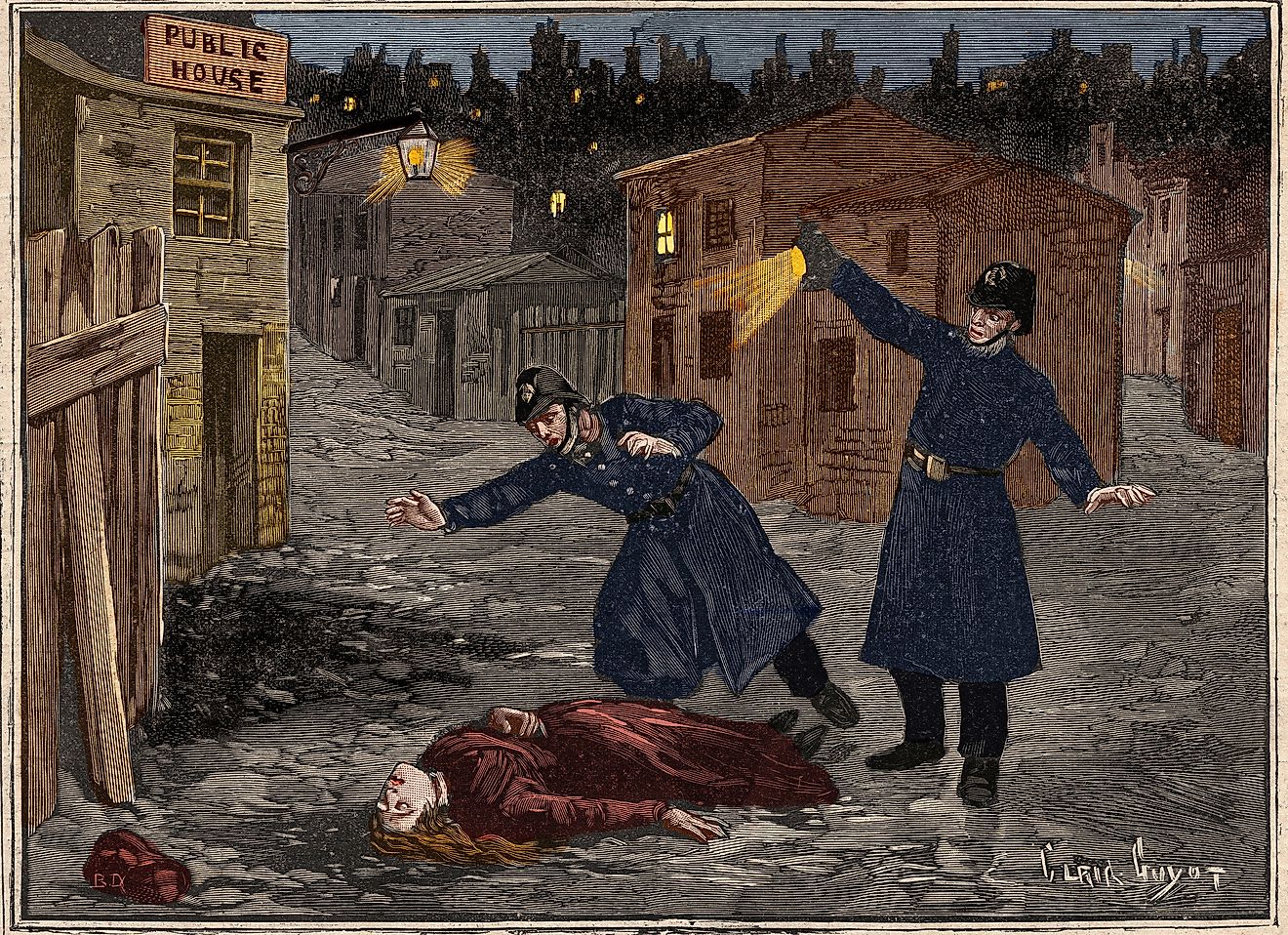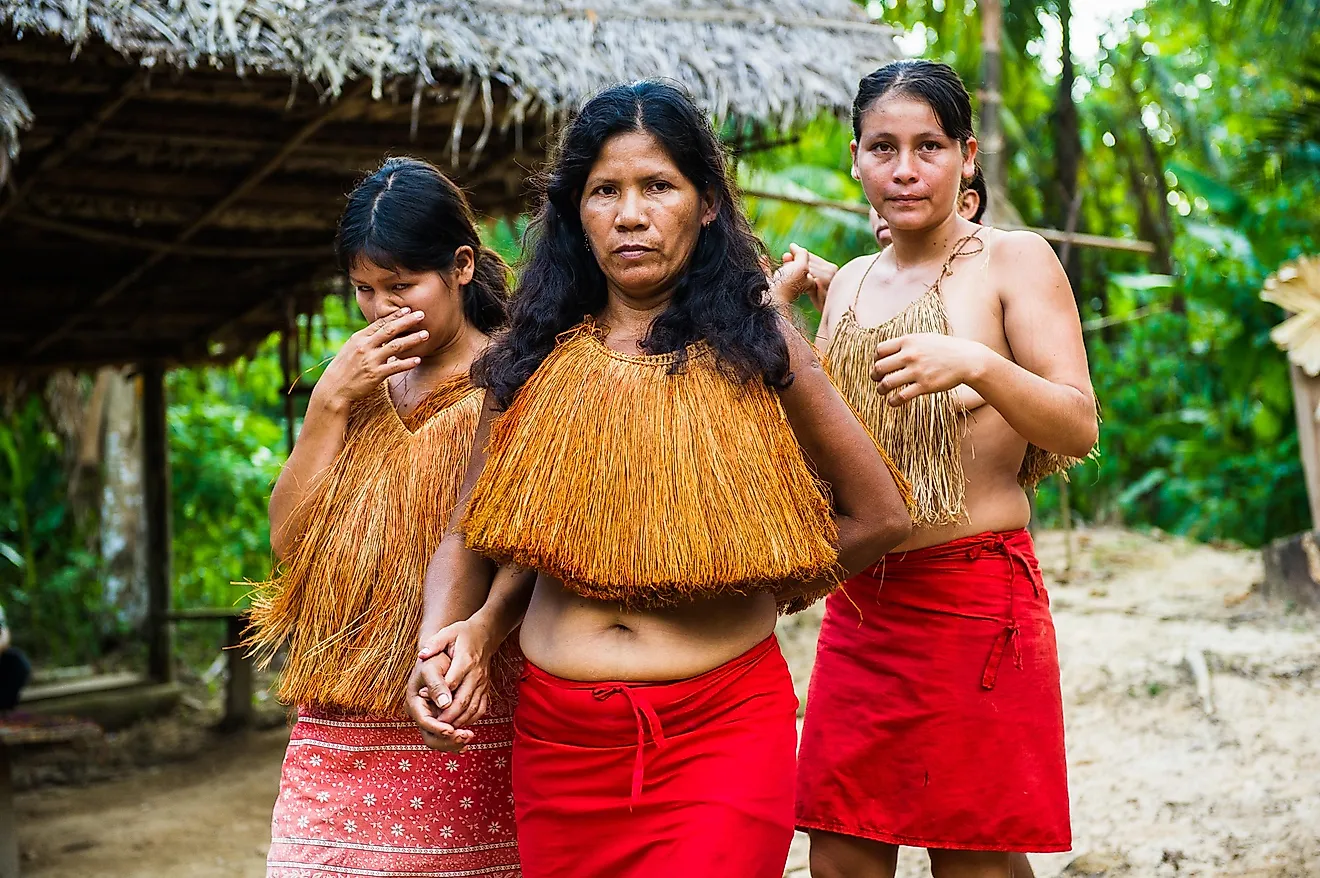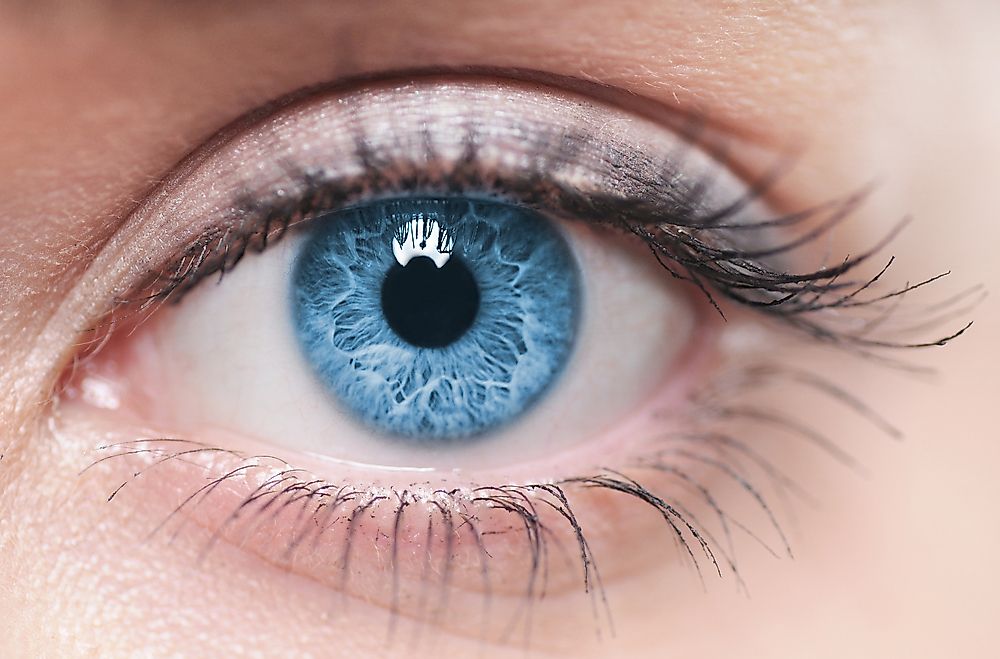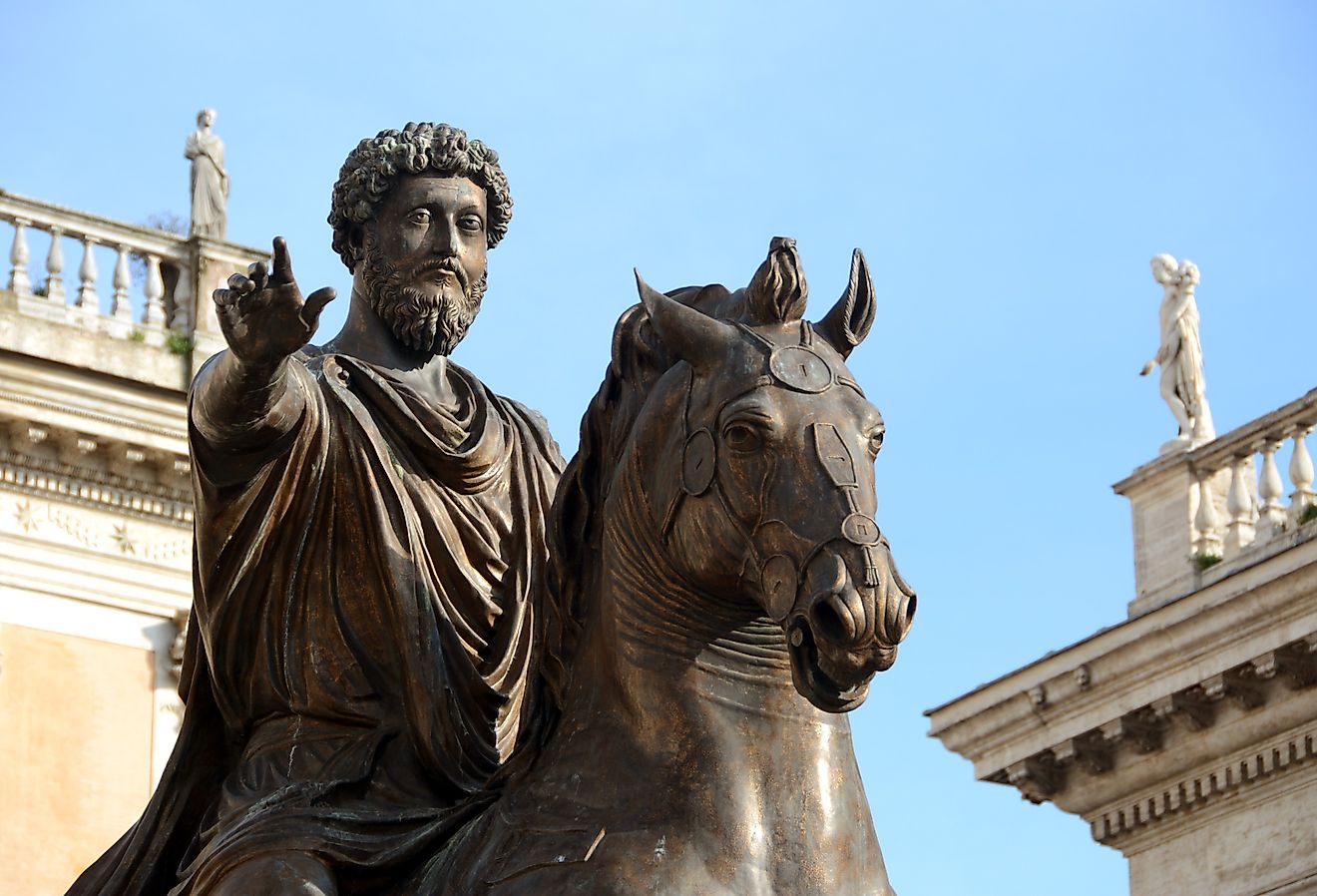Religious Beliefs In The Philippines
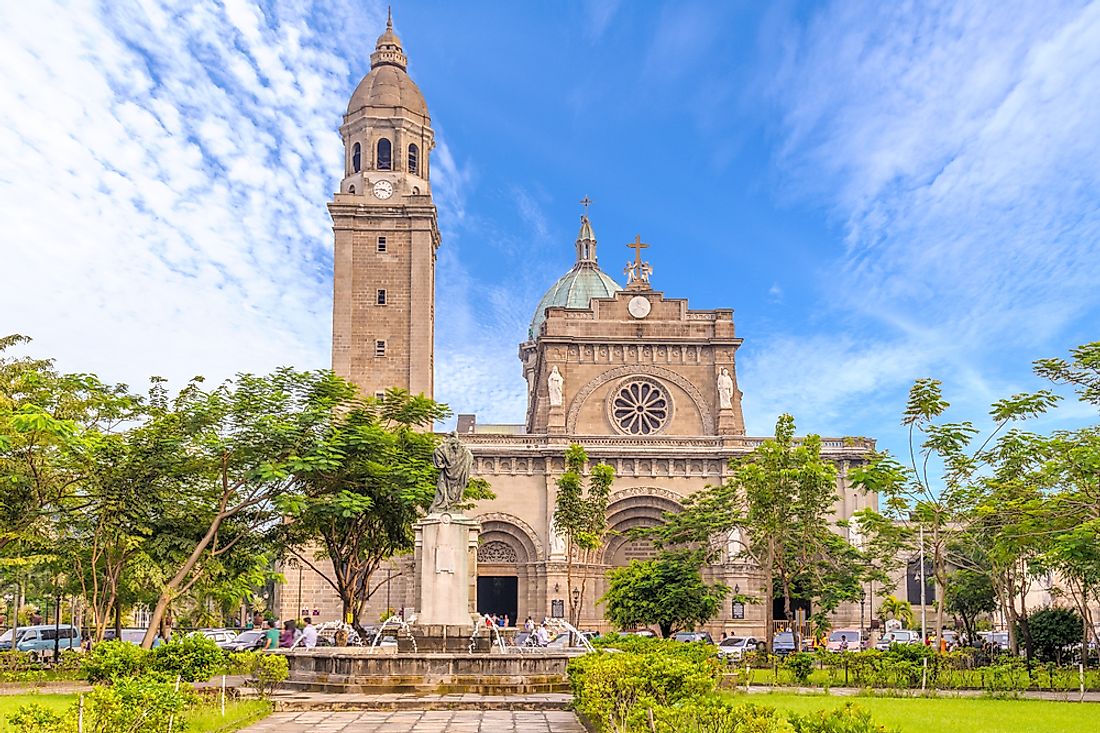
The major religion in the Philippines is Roman Catholic Christianity, followed by Islam and other types of Christianity. In the Philippines, all religions are protected by the law, and no one religious belief is given priority over any other. Below is an overview of the largest religions in the country, with data from the CIA World Factbook.
Roman Catholic Christianity - 80.6%
Roman Catholicism is the largest religion in the Philippines. This religion was first introduced through the Portuguese explorer Ferdinand Magellan in the early 1500s. Magellan, whose original destination was Spice Island, arrived on Cebu Island in the Philippines due to a missed route. He then proceeded to make Roman Catholicism a state religion by first converting the Chief of Cebu, and several hundreds of his followers. Today, a large majority of the population of the Philippines - around 80% - identifies as Roman Catholic.
Protestant Christianity - 8.2%
Protestant Christianity is the second-largest religious group in the Philippines. Evangelical Protestantism was introduced into the Philippines by American missionaries after the Spanish-American War between the late 18th and early 19th Centuries. Some Protestant groups which are affiliated with the Philippine Council of Evangelical Churches (PCEC), however, were established locally, without any foreign influence.
Islam - 5.6%
Islam is the third-largest religion in the Philippines after Catholicism and Christianity. The religion existed in the region for around a century before the spread of Christianity. Islam first spread to Simunul Island in the Philippines through foreign trade with countries such as India. Specifically, it was the Islamic cleric-Karim ul' Makhdum who first introduced the religion to the area. Subsequently, he established the first mosque on the same Island, which is today, the oldest mosque in the country.
Other - 1.9%
Other minor religions in the country include Hinduism, Judaism, the Baha'i Faith, Indigenous Beliefs, Other Christians, and Atheists.
Indigenous traditions predate the colonial religions of Islam and Christianity in the Philippines. The most predominant views are that of animism, which is the belief that even non-living entities such trees and plants have spirits. Indigenous religions are characterized by the worship of various deities, as opposed to the monotheistic religions. With regards to influence, other religions, even the predominant Roman Catholic, have adopted animism in combination with their own beliefs. This blending is known as religious syncretism.
Other Christian groups in the country include Jehovah's Witnesses, Latter-Day Saints, Assemblies of God, Seventh-day Adventists, and numerous others.
Religious Beliefs In The Philippines
| Rank | Religion | Population (%) |
|---|---|---|
| 1 | Roman Catholic | 80.6 |
| 2 | Protestant | 8.2 |
| 3 | Muslim | 5.6 |
| 4 | Other | 1.9 |
| 5 | Tribal Religions | .2 |
| 6 | None | .1 |



